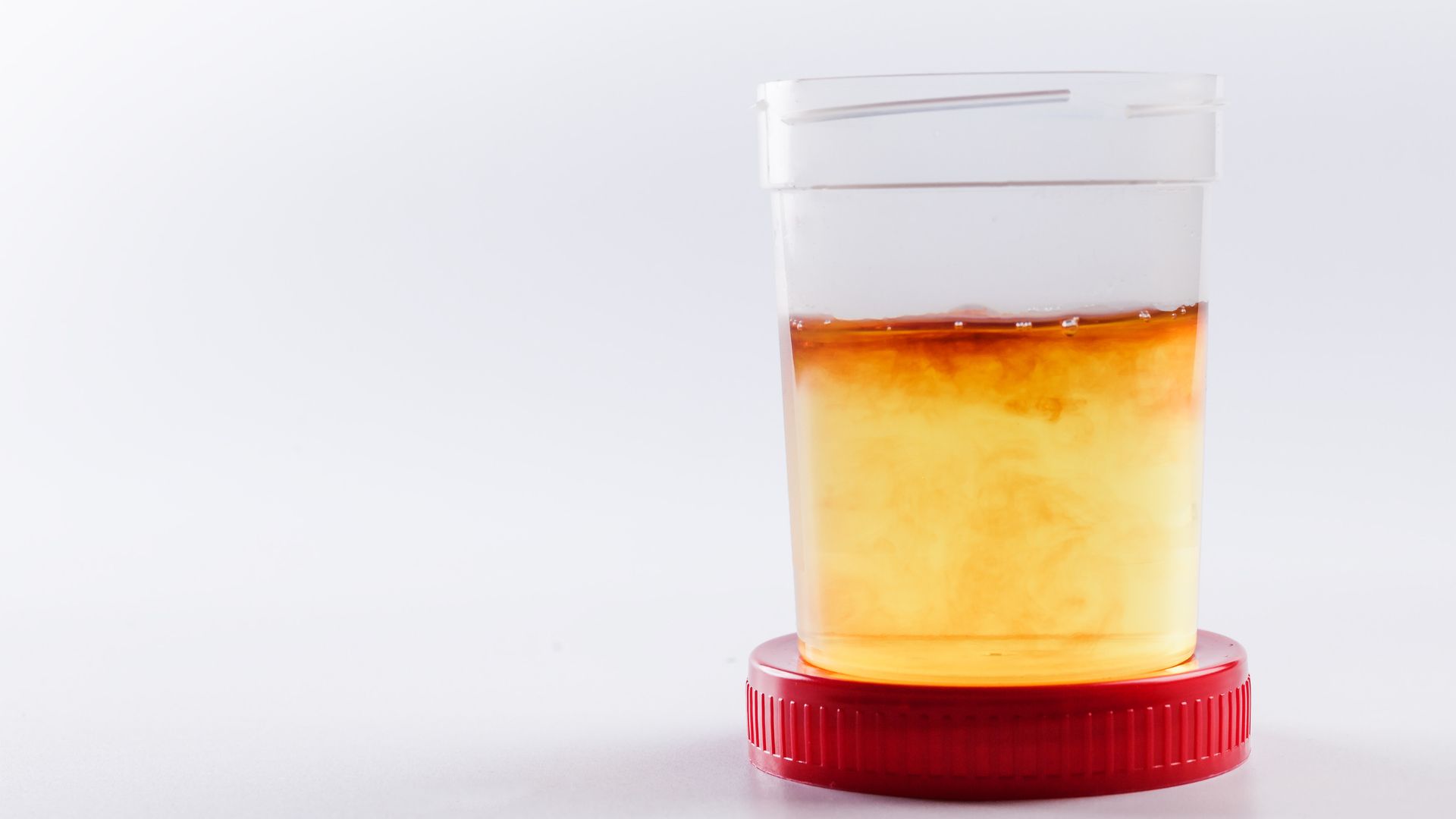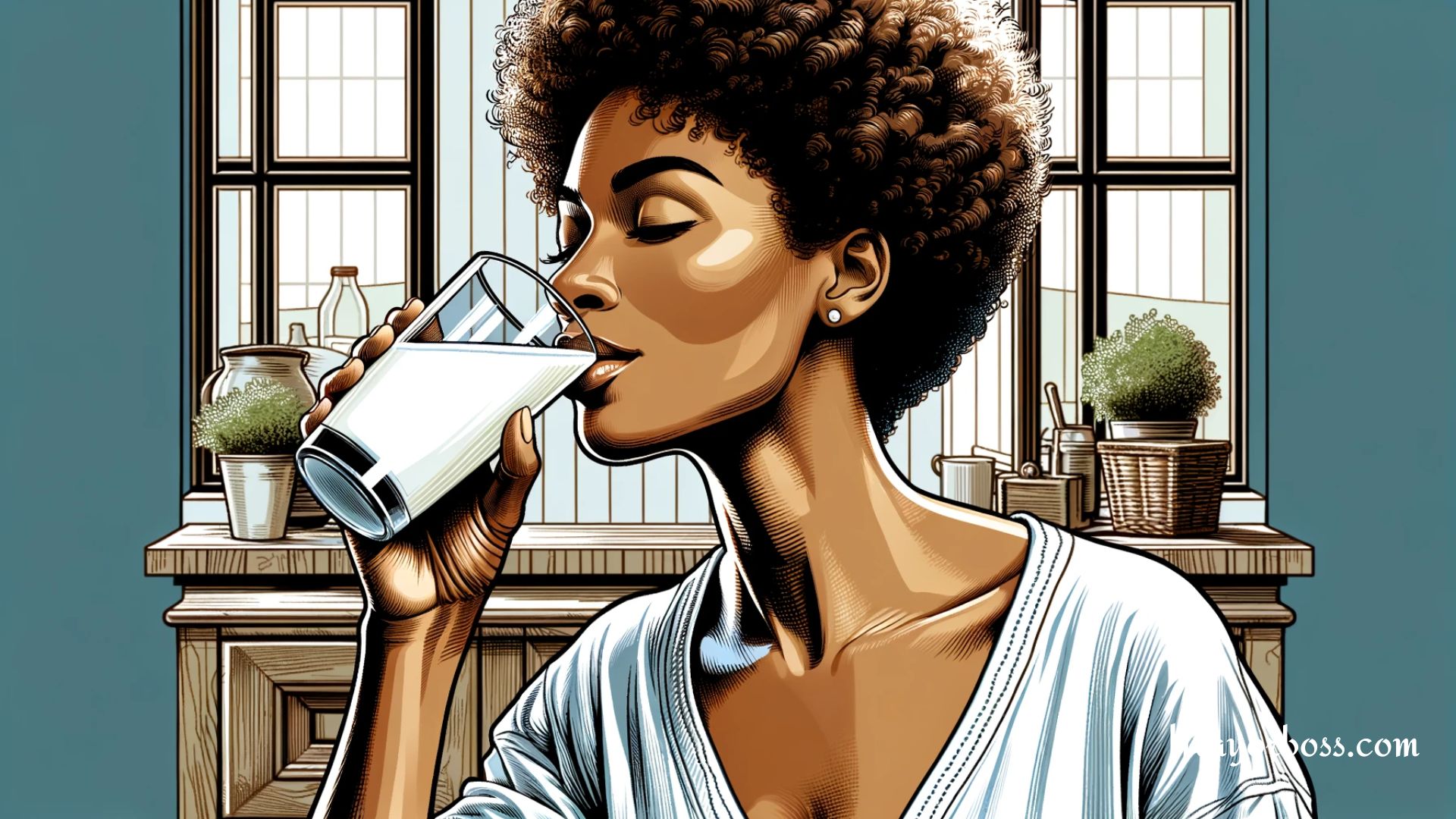Why Is My Urine Dark? 7 Causes of Dark Urine
Why is my urine dark? When you notice that your urine has taken on a darker shade, it can be a sign that something is out of the ordinary with your health. Dark urine can range from deep amber to a darker color and may be a red flag for dehydration or a symptom of various health conditions. Now, let’s explore some common causes behind dark urine.

1. Dehydration: The Primary Suspect
Dehydration is often the main reason your urine might look darker. Your body may not have enough water to dilute the waste products in your urine, which then results in a darker color. You might find that after drinking water, the color lightens, which is a good sign that fluids are what you need.
2. Food and Supplements
Certain foods, like asparagus or beets, and supplements, especially vitamin B complexes, can change the color of your urine. In these cases, the change is usually harmless and will pass once the food or supplement is out of your system.
3. Medications
Some medications can cause dark urine as a side effect. For example, antibiotics like metronidazole or anti-inflammatory drugs like ibuprofen could be responsible. If you’re taking medication and notice this change, it’s a good idea to talk to a doctor, especially to rule out any potential liver issues.
4. Liver and Bile Duct Conditions
Conditions affecting the liver, such as hepatitis or blockages in the bile ducts, can cause dark urine. This usually occurs because of a buildup of bilirubin, a yellow compound that’s produced when red blood cells break down. When bilirubin levels rise, it can also lead to jaundice, where your skin and eyes appear yellow.
5. Urinary Tract Infections
Urinary tract infections (UTIs) can cause urine to appear darker and sometimes cloudy. They can also cause other symptoms, like a burning sensation when you pee or a need to go more frequently. UTIs require medical treatment, typically antibiotics, to clear up.
6. Hematuria: Blood in the Urine
Hematuria, which is blood in the urine, can make your urine look dark, particularly brownish or pinkish. This can be due to various conditions, from kidney stones to more serious issues like bladder cancer. It’s important to see a doctor if you suspect blood in your urine.
7. Exercise-Induced
Although it’s less common, intense exercise can lead to dark urine. This could be a condition called rhabdomyolysis, where your muscle tissue breaks down and emits a protein called myoglobin into your bloodstream. This protein can be harmful to the kidneys and often requires medical attention.
To Wrap Up
If you’re seeing dark urine consistently, it’s wise to monitor your water intake and diet. However, if the issue persists, it’s crucial to consult with a healthcare professional. They can help figure out the actual cause and ensure that you get the proper treatment, if necessary. Keep an eye on other symptoms that may accompany the change in urine color, as they can provide additional clues to what’s going on in your body.
Further Reading: What It Means When Your Urine Is Foamy






